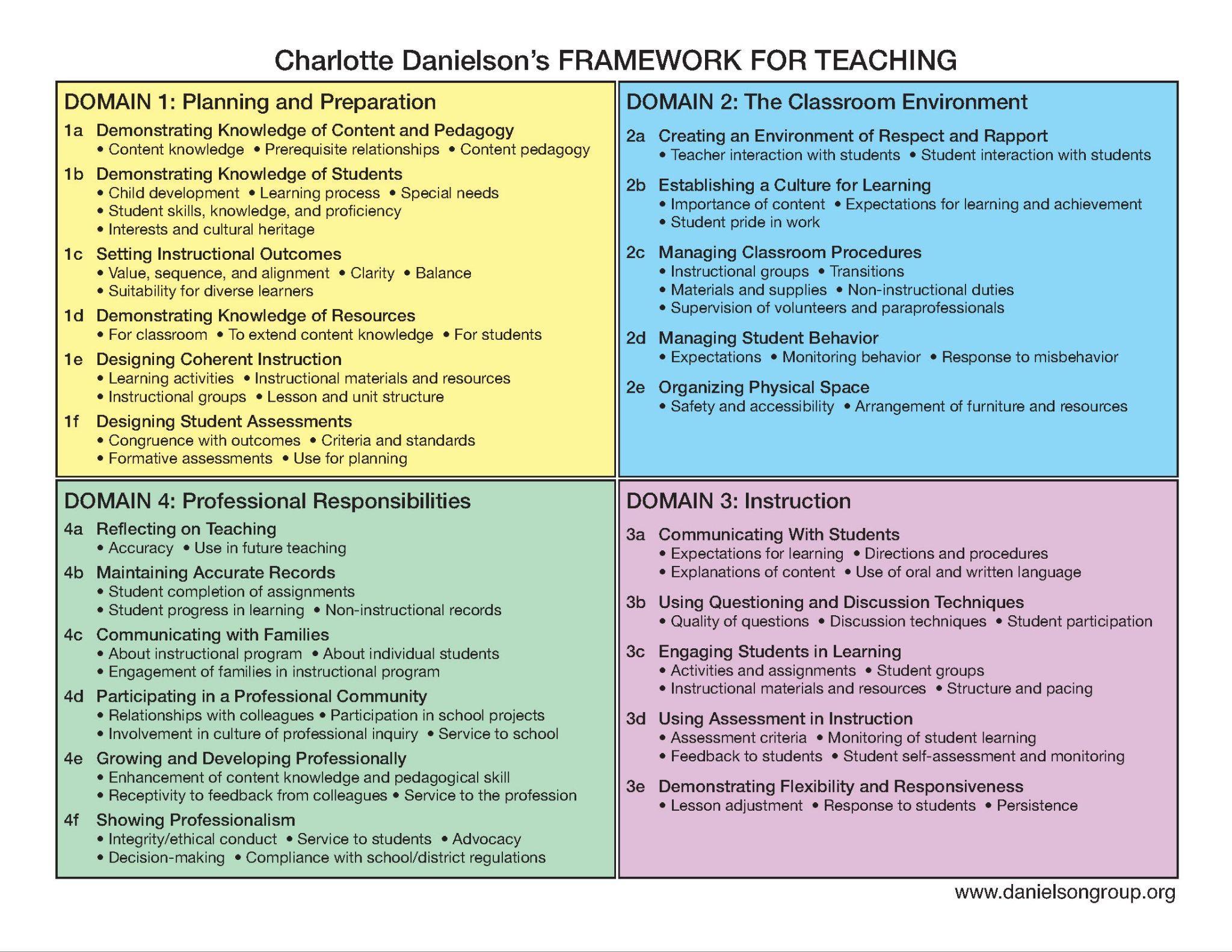
2 minute read
Grades 1-3 Enrichments
STEM Grades 1st - 3rd STEM program introduces the LAUNCH cycle of design thinking Students will start by learning how to work together to solve various problems, learning that there are different roles needed in every group From there, students will learn how to use various engineering tools they will encounter in their STEM careers and eventually use them to build larger projects. Students will also spend some time learning the basics of coding. These early stages will help them with projects not only in the STEM classroom but through all their academia
Music Grades 1st-3rd music program strengthens students’ musical knowledge and provides opportunities for students to demonstrate learned skills Students will develop knowledge and skills related to the elements of music such as dynamics, tempo, rhythm, pitch, tone poems, musical stories, instruments of the orchestra, echo singing and vocals These skills will be demonstrated in classroom activities.
Advertisement
Art In art class, students in the first, second and third grade primary and JLM levels get messy and engage in the art making process through hands-on projects The teacher introduces different mediums, artists and techniques to expose students to the rich history of fine art Students have hands-on experiences with fibers, paper mache, plaster, wire, recyclable materials, natural materials, installation, pastels, painting, drawing and printmaking Through exposure to these mediums students build a foundation of abilities, which they will eventually use as a springboard for self-directed projects in middle school
Spanish The elementary level Spanish program continues to build on the child’s foundation for foreign language learning After we review and expand on all elements introduced at the preschool/kindergarten levels, we develop Spanish language skills in conversation, writing, song, prayer, movement, and global perspective.
Physical Education
Physical Education at the lower elementary level is an avenue for engaging in developmentally appropriate physical activities designed for children to develop their fitness, gross and fine motor skills to enable them to participate in games. They learn essential skills to become physically literate. Physical Education activities include Locomotor skills, non-locomotor skills, manipulative skills, balance and dance They learn modified games and sports The curriculum leads the students to participate in the Intermediate grades curriculum
Social-Emotional Learning (SEL)
The Social-Emotional Learning curriculum at the Elementary Level is designed to support students in learning the developmentally appropriate skills and attitudes needed in order to develop healthy identities, self-awareness, and social awareness It also teaches students the important skills needed for managing big emotions, feeling and showing empathy for others, developing the skills to create and identify positive and supportive relationships, and making responsible and caring decisions. Through this work, students begin to deepen their understanding of themselves and others, take pride in themselves and their uniqueness, foster inclusivity, and become a productive member of the community.
Ages 3-5 Program and Course Studies Descriptions (Primary and Montessori)
Pre-Primary and Kindergarten Program:
In our Pre-Primary program (ages 3 and 4) and Kindergarten (age 5) our students progress through the curriculum in a teacher-directed environment that encourages interaction, exploration, and investigation In first, second, and third grade, students learn the critical skills of decision-making and responsibility as teachers guide them through their academic subjects (Reading, Writing, Math, Science, Social Studies, and Religion) and enrichment classes using themed projects and independent learning centers
Montessori Ages 3-6 Program:
The Montessori 3-6 Curriculum offers children five key areas of study: Practical Life, Sensorial, Mathematics, Language, and Culture. Each learning area is made up of a set of Montessori materials that each teach one key knowledge area or skill. Montessori teachers present key lessons to introduce children to the name and learning outcomes of each Montessori material After a key lesson, the children work independently with the Montessori material to practice, explore, and make connections to learning outcomes. During this time, Montessori teachers stand back, observe how the children are learning, and document their progress A teacher will only intervene if needed, to encourage children’s independence, as there is a direct link between children’s sense of empowerment and their ability to retain new skills and information. New lessons are provided when a child is ready to progress to the next stage Through repetition and practice, children master the progression of the Montessori Materials and develop a fundamental understanding of each curriculum
ELA/ Language




